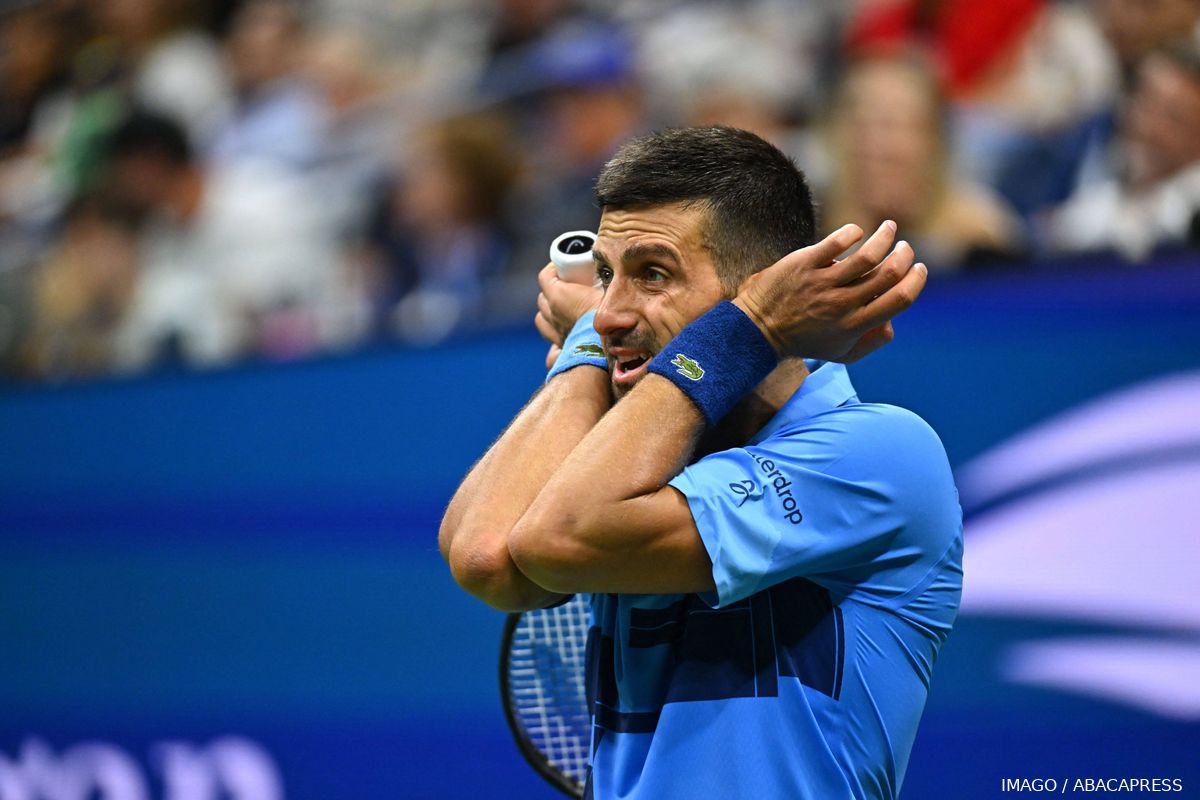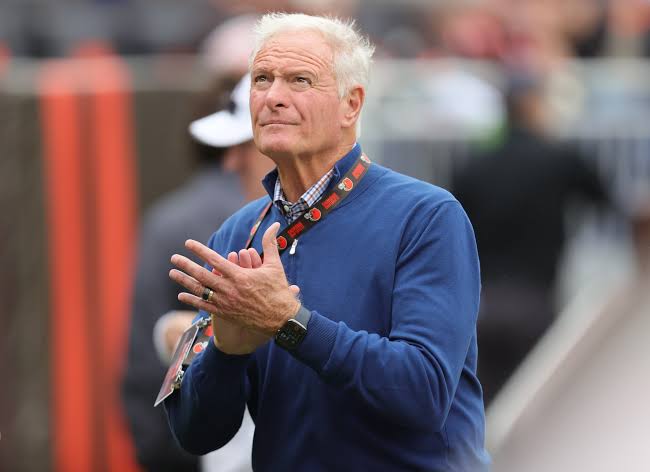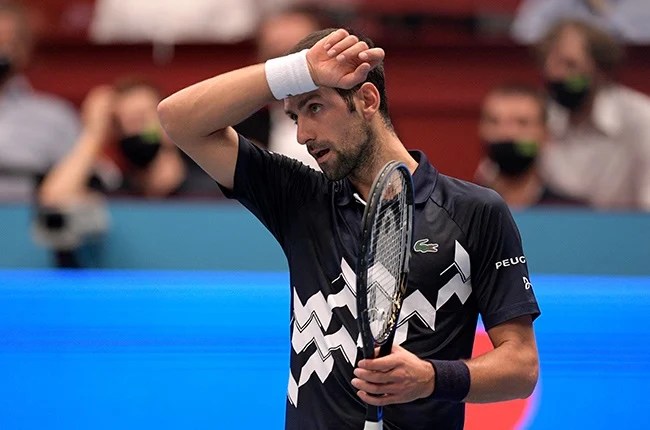It’s not only about preserving his legendary reputation—it’s about adapting to continue securing victories.

Novak Djokovic, one of the most successful and dominant tennis players in history, has been given a stern warning by analysts and former professionals:
he must make a key adjustment to his game or risk facing serious challenges in
the upcoming years. While the Serbian star’s unparalleled mental toughness,
physical fitness, and technical precision have carried him to 24 Grand Slam
titles, the world of professional tennis is always evolving. With a new
generation of talent emerging and the playing field becoming increasingly
competitive, some experts believe Djokovic’s future dominance may hinge on a
crucial change to his approach on court.
The 2024 season has seen players like Carlos Alcaraz, Daniil Medvedev, and
Stefanos Tsitsipas rising to prominence, making significant strides in their
games. These younger competitors are not only pushing the limits of their
athleticism but also showcasing new strategies and techniques that challenge
traditional tennis play. As a result, Djokovic, who has managed to stay at the
top for nearly two decades, faces the need to adapt his game to remain
competitive in this shifting landscape.
So, what is this one critical change that experts are urging Djokovic to make?
The most common point raised by analysts is Djokovic’s need to modify his
playing style to increase his aggression, particularly in terms of his return
game and baseline rallies. While his ability to defend, counter-punch, and
chase down balls is legendary, some have argued that Djokovic’s current style
may not be enough to keep up with the power and speed of the next
generation. Many of these younger players, including Alcaraz, have shown a
willingness to dictate points with aggressive serving and fast-paced baseline
shots, often catching Djokovic on the back foot.
One area in particular where Djokovic might need to evolve is his serve-return
strategy. Historically, the Serbian has been known for his incredible return
game, often neutralizing even the most powerful serves with precision and
skill. However, with the rise of big servers like Alcaraz and Medvedev,
Djokovic’s ability to simply out-rally opponents may not be enough to
dominate. As these players develop more aggressive first and second serves,
Djokovic will need to find new ways to attack returns, increasing his chances of
getting early control of the point.
Another aspect of Djokovic’s game that could use an adjustment is his overall
movement. While his speed, flexibility, and anticipation have been essential to
his success, the relentless nature of the modern game means players are
required to sprint to the ball more often and from greater distances. With the
evolution of court surfaces and the increasing pace of rallies, Djokovic’s
movement could be put to the test. To maintain his agility and quickness on
court, experts recommend that he incorporate more dynamic mobility drills
into his training and focus on recovery strategies to ensure his legs remain as
fresh and explosive as possible in longer matches.
Additionally, some commentators have noted that Djokovic’s mental approach
to matches may need to evolve as well. The Serbian has long been known for
his supreme mental toughness, especially in critical moments. However, with
the younger players bringing new challenges and pushing the boundaries of
consistency, Djokovic will need to ensure his focus remains razor-sharp in
every match. As his rivals get better and more confident, Djokovic’s ability to
maintain his psychological edge could make the difference between success
and struggle in the coming seasons.
The idea of a veteran player like Djokovic needing to evolve his game may
seem surprising to some, but the reality is that even the greatest athletes must
constantly adapt to stay relevant. Tennis is an unforgiving sport, and no
player, no matter how dominant, can avoid the effects of time and change.
Djokovic’s longevity at the top of the sport is a testament to his ability to adapt
over the years, from his early years of struggling with big-serving opponents to
his later years as a more complete player. If he can make the necessary
adjustments now, he could continue to compete at the highest level for years to
come.
Ultimately, the message is clear: Djokovic must adjust his game to stay ahead
of the pack. Whether it’s making his return game more aggressive, focusing on
his movement, or evolving his mental approach, the Serbian icon must
embrace change to avoid falling behind his younger, hungry competitors. For
Djokovic, it’s not just about maintaining his legendary status—it’s about
evolving in order to keep winning.



